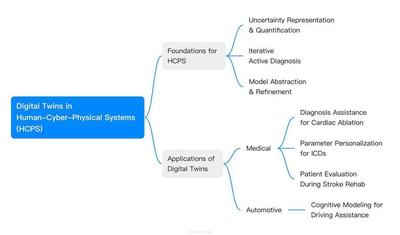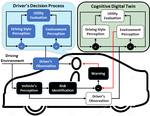Biography
Zhihao Jiang is currently an assistant professor in the School of Information Science and Technology (SIST) at ShanghaiTech University, and the director of the Human-Cyber-Physical-Systems Lab.
Download my resumé.
- Human-Cyber-Physical Systems
- Decision Support Systems
- Digital Twins
- Formal Methods
-
PhD in Computer and Information Science, 2016
University of Pennsylvania
-
MS.E in Robotics, 2010
University of Pennsylvania
-
BS.E in Technology and Instruments in Measurement and Control, 2008
University of Electronic Science and Technology of China
Experience
Research
My research develops foundations for Human-Cyber-Physical Systems (HCPSs). In safety-critical domains like medical devices and automotives, human experts cannot be fully replaced by machines for safety considerations. Software in these HCPSs should focus on achieving semi-autonomy by understanding and complementing domain experts. By working at the intersection of applied formal methods, system identification and artificial intelligence, I focus on creations of mathematical models, system identification algorithms, and HCPS applications. My research improves human-machine collaboration in safety-critical Human-Cyber-Physical Systems (HCPSs).

Projects
News
Featured Publications
Recent Publications
Contact
- jiangzhh at shanghaitech.edu.cn












